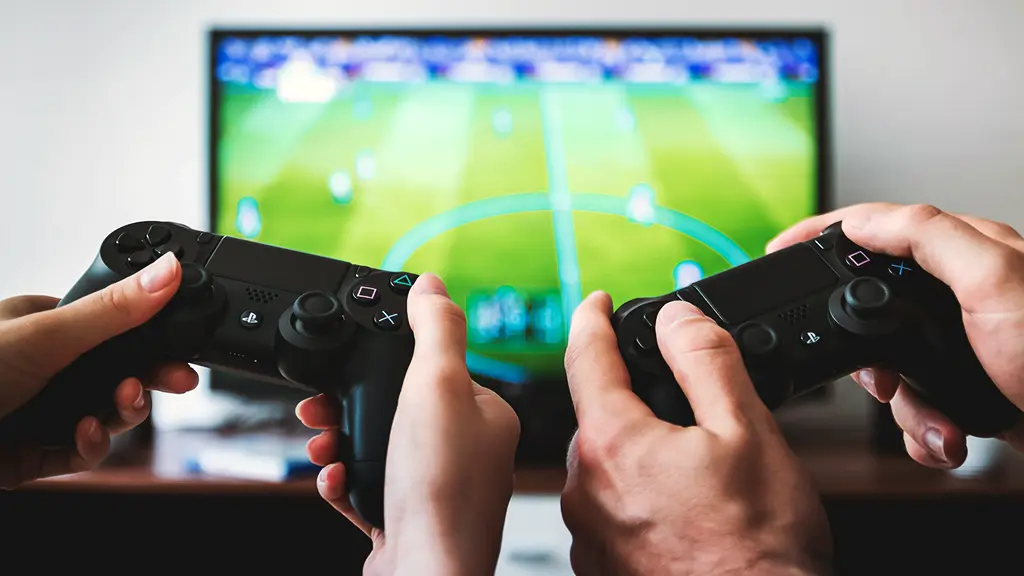
The Power of Gaming: How Video Games Are Shaping Modern Life
In recent decades, video games have evolved from simple pixels on a screen to immersive, cinematic experiences that rival Hollywood films. But beyond entertainment, gaming has grown into a cultural phenomenon, a tool for learning, and even a career path. Whether you’re a casual mobile gamer or a competitive esports player, the influence of video games on modern life is undeniable—and it’s still growing.

More Than Just Play: The Rise of Serious Gaming
While video games are often viewed as a way to relax or have fun, they’re increasingly being used for serious purposes. Educational games, for example, help children improve their math, reading, and critical thinking skills. Simulation games are used in professional training—for instance, pilots and surgeons use game-like systems to practice complex procedures in risk-free environments.
Even military and emergency services incorporate gaming technology to prepare for real-life scenarios. This intersection between play and purpose is transforming how we think about learning and problem-solving.
Building Communities Through Shared Play
One of gaming’s greatest strengths is its ability to connect people. Online multiplayer games like Fortnite, Minecraft, or Call of Duty have created massive virtual communities where people from around the world can cooperate, compete, and communicate in real-time. These games aren’t just about winning—they’re about teamwork, strategy, and friendship.
Platforms like Discord and Twitch have also strengthened the social side of gaming, allowing players to stream their gameplay, chat with fans, and build communities around shared interests. For many, games provide a sense of belonging and social connection that’s hard to find elsewhere.
Mental and Cognitive Benefits of Gaming
Contrary to the outdated belief that video games are a waste of time, studies show that gaming can improve various cognitive skills. Action games enhance hand-eye coordination, reaction times, and multitasking abilities. Puzzle games stimulate problem-solving and memory. Strategic games develop planning, resource management, and decision-making skills.
Moreover, games can help reduce stress and anxiety. Immersing yourself in a different world provides an escape from everyday worries, and achieving goals within a game can boost motivation and self-confidence. Some games are even designed specifically for mental health support and therapeutic use.
Gaming as a Career: Not Just a Dream Anymore
What once seemed like a fantasy—making money by playing video games—is now a reality for many. The rise of esports has turned talented players into professional athletes, complete with sponsorships, tournaments, and six-figure earnings. Streamers and content creators on platforms like YouTube and Twitch have built full-time careers through gaming, earning income from ads, donations, and partnerships.
Beyond playing, the gaming industry offers countless job opportunities in design, development, marketing, testing, voice acting, and more. As gaming continues to expand globally, so does the need for talented individuals passionate about games and technology.
Mobile Gaming: Entertainment in Your Pocket
With the advancement of smartphone technology, mobile gaming has exploded in popularity. Games like Candy Crush, PUBG Mobile, and Genshin Impact offer console-quality experiences on handheld devices. Mobile games are accessible to everyone—no expensive console or PC required—making them a key driver in the industry’s growth.
The convenience of mobile gaming means you can play anywhere: while commuting, during breaks, or even before bed. It also opens the door to a more diverse gaming audience, including older adults and people who don’t traditionally consider themselves “gamers.”
The Future of Gaming: What’s Next?
The future of gaming is more exciting than ever. With developments in virtual reality (VR) and augmented reality (AR), players can now step inside their favorite games and interact with digital worlds like never before. Games are also becoming more inclusive, with increased efforts to represent diverse characters, cultures, and experiences.
Artificial Intelligence (AI) is improving game design and creating smarter, more realistic in-game interactions. Cloud gaming allows users to stream games without needing powerful hardware, making high-end gaming accessible to more people than ever.







